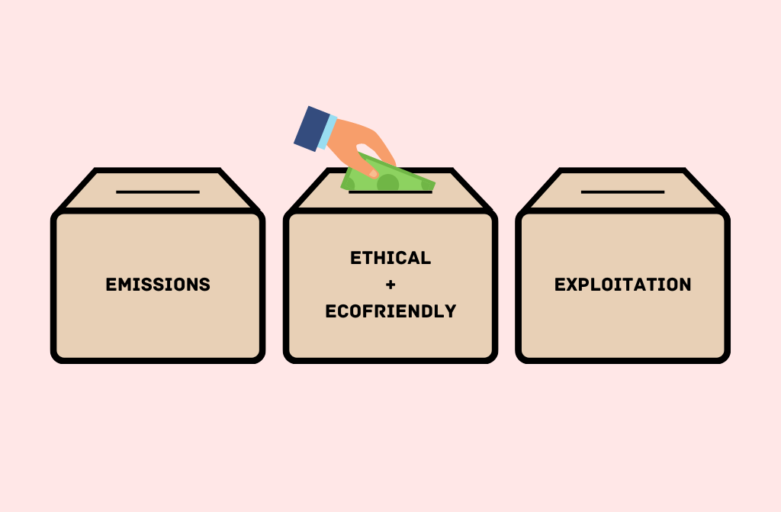The privilege of voting in political elections is a privilege that only comes around every 2 or 4 years. And even when it does, there are systemic barriers that make voting difficult and many people are uncertain about whether or not their vote really counts. But what you may not realize, is that each of us has the power to cast a vote every day and in meaningful ways. I’m talking about voting with your dollar, also referred to as consumer sovereignty or ethical consumerism.
“Every time you spend money, you’re casting a vote for the kind of world you want.”
Anna LappÉ, author + Food sustainability Advocate
Though one can choose not to participate in democracy, if they feel so inclined, the impacts of each and every financial decision we make is inescapable. Money talks; money is power. The purchasing power we hold as consumers gives us a unique kind of autonomy that can’t be stifled or overruled by the ruling political party or the flaws of a political system.
When we purchase a good or service, we are inherently endorsing that product and its company. We signal to the company that their products, and by extension, their practices and policies, are deemed acceptable. The message we send with this “vote” is “continue what you’re doing, please make more.” So conversely, when we withhold our money or refuse our endorsement, we send the message “I don’t like this, please stop making it or do better.”
Voting for Sustainability
Through collective action, with these messages cast by our dollar votes, we can push companies to shift their behavior. Thus, we can use our consumer sovereignty to aid in shifting corporations toward a more sustainable future.
Our votes can provide positive feedback to companies who are making sustainable products or implementing ethical and sustainable practices. When we choose to buy fair trade goods, ethically made goods, goods made with renewable resources; when we support brands that give back and treat their workers well; when we endorse companies to reduce their emissions and their waste; when we do all these actions, we are using our dollars to vote for a sustainable world.
And when we cause companies to lose business from ethically-driven boycotts, we apply pressure on them to align better with our values. One could boycott companies that pollute our environments with waste and emissions, impose rampant deforestation, or participate in child labor, unfair wages, or animal cruelty. The boycott is a means of ethical consumerism that holds corporations accountable. Lobbying and protesting are also means of accountability, but hurting sales more effectively holds their proverbial feet to the fire.
A Caveat
In theory, a successful business should cater to the demands of the market. But the power of this collective action isn’t always advantageous. Historically, boycotts have only been successful to the degree to which they garner media coverage. Hundreds of boycotts are called for by various advocacy groups every year. They don’t gain traction though, because they can only hold public attention for one to a few news cycles before they get replaced by other viral trends. Thank you, Internet, for shortening our attention spans.
But as a glass-half-full kind of gal, I would argue that this shouldn’t be a deterrent. If one’s goal is to gather the masses for one boycott at a time, then success is unlikely. But that’s not what I’m trying to promote here. I want you to realize and appreciate the power you wield inside your wallet. Let it empower you to shape the world you want, if only little by little. I’m not looking for a headline-grabbing widescale boycott, but for an overall shift of the collective consciousness toward ethical consumerism. Your dollar is a vote, not just another ticket on the capitalism merry-go-round.
Let the green in your wallet make a greener tomorrow.
Examples of Successful Dollar Voting
Even if there is skepticism around the effectiveness of dollar voting and dollar withholding by boycott, here are some examples of ethical consumerism that actually brought change.
McDonald’s recently announced that they will start sourcing only chicken that is raised without human antibiotics. In recent years, McDonald’s and other fast food chains experienced declines in sales due to Millennial and Gen Z tastes preferring “clean” foods with natural and ethical ingredients. The market “voted with their dollar” at chains like Chipotle and Panera, which still had the convenience of fast food but the allure of better ingredients. McDonald’s had to adapt to compete. Along similar lines, Burger King partnered with Impossible Foods to offer a plant-based burger because a test location saw an 18% increase in traffic after said burger’s introduction. The people spoke and the companies delivered.
In 2018, the luxury brand Burberry admitted in an annual report that it burned almost 30 million pounds of unsold product to protect its brand value. This is a common practice in the retail industry to prevent theft and high-discount reselling. (Too much unsold product? Here’s an idea: maybe stop producing so much? but I digress). In response, consumers were outraged and boycotted the brand, which led them to halt the destruction of unsold goods. This boycott saw relatively quick results, but other successful boycotts can take several years. In the 90s, Nike faced a lot of criticism, from both advocacy groups and the general public. Several times, they were subjected to consumer boycotts because of their exploitative labor practices, sweatshop conditions, and child labor. By the end of the decade, the company began to make significant policy changes to stamp out human rights violations.
What to look for when you shop
Being able to distinguish which brands and products align with your values is difficult. Firstly, it involves transparency on the company’s side to disclose their practices, which isn’t always forthcoming. And for the companies that do provide information, the onus is on the consumer to do all the research of a company’s sustainable merits. Hopefully, the following will help you in the right direction.
Certification Labels
There is actually a plethora of product labels that indicate the ethics and environmental impact of its product. Unfortunately, since there isn’t perfect standardization, companies can make up labels as a form of greenwashing (i.e. misleading “green” marketing). However, here are a few official labels that you can count on as being genuinely good consumer choices.

Certified B Corporation – The non-profit B Lab holistically scores a company’s performance around ethical impact on customers, workers, the community, and the environment using their proprietary B Impact Assessment.
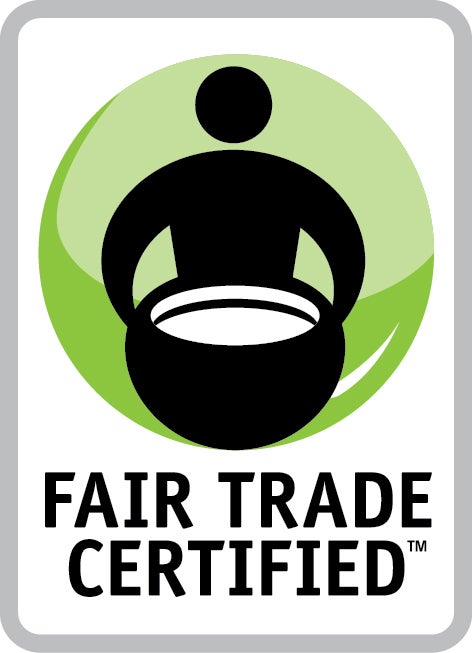
Fair Trade Certified – This label is specifically for agricultural products. It denotes products that have been produced with fair wages and safe working conditions. Additionally, this label certifies that the farms of the product’s supply chain are held to international environmental standards.
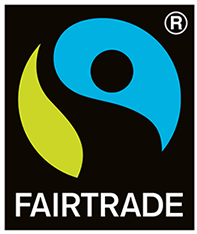
Fair Trade Foundation – Similar to above, this label also ensures fair wages and safe work practices, but covers non-agricultural consumer goods.
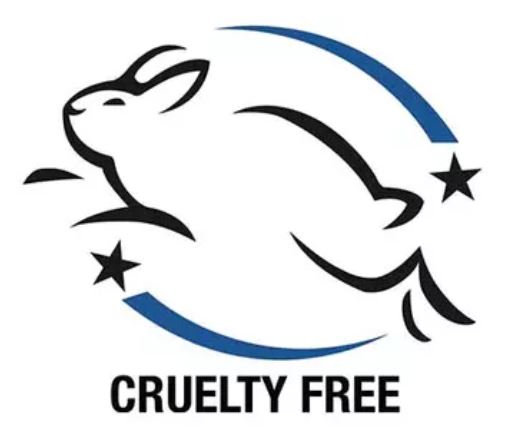
Cruelty Free International – This label is globally recognized as the gold standard of being free of animal cruelty throughout the products supply chain. It is used for personal care and household products, in particular. Companies must pass ongoing and independent audits to ensure continued compliance.
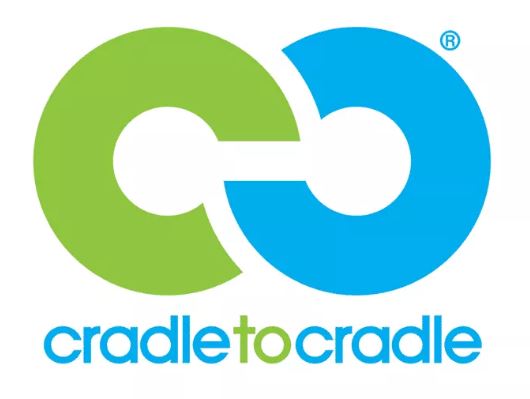
Cradle to Cradle – Products with this label are assessed against 5 sustainability categories – material health, material reuse, renewable energy and carbon management, water stewardship, and social fairness. Then they are given a score in each category (Basic, Bronze, Silver, Gold, and Platinum).
Be informed, but let the research come to you
The prerequisite for ethical consumerism is prior knowledge of a company’s practices. How else would you determine if you want to support or avoid a particular brand? But research is boring and ain’t nobody got time for that.
Here’s a list of 4 websites and apps that will do the research for you:
1. The Goodbuy App – A great app to help you shift your dollar votes from big corporations to small business.
Whenever you’re shopping online from a mega-retailer or big-box store, the browser extension will look for the same or similar products being sold by small online businesses. If matches are found, the Goodbuy logo will appear in the top-right corner of the screen. Click on it, and a list appears with alternative retailers, each with their small business identifiers (e.g. black-owned, women-owned, sustainable, American made, cruelty free, etc). This app is available as a desktop chrome extension or on mobile Safari via the iOS app. Alternative, you can use the search engine function directly on their website to shop among small businesses.
2. Good On You – With a focus on fashion and personal goods, this site researches and rates all your favorite brands to let you know their impacts on people, animals, and the planet.
The easy rating system has 5 ratings: We Avoid, Not Good Enough, It’s a Start, Good, and Great. Their website details how the ratings are determined and what each rating means. A quick search is all it takes to see how the brands you support stack up. It’s also available as an app on the Apple Store and Google Play.
3. Consider Beyond – This app allows you to search for brands that have been vetted to be ethical and sustainable.
You can search by price range, specific certifications, or sustainable attributes (e.g. sustainable materials, eco-packaging, clean ingredients, etc). With each brand, you’ll find a compiled list of easy-to-understand information about the brands sustainability efforts and environmental impact. You can bookmark your favorite brands to shop from later and get a personalized homefeed with tips and suggestions.
4. Impaakt – This platform measures the impact of well-known brands and provides sustainability reports and analytics.
Through vetted collective reporting, brands are given a score from -5 (negative impact) to +5 (positive impact) regarding their societal and environmental impact. Their data is then used for advanced research and analytics to be provided to investors who want to invest in companies that improve our world and put pressure on those who don’t. Consequently, this platform not only informs everyday customers, but it also promotes positive change at the corporate level. Minimum information is available to up front, but detailed company (10 per month) information is only available to registered members.
Make Your Vote Count
Though it may seem that personal efforts are too small to make a difference, your dollar has great potential. The more people that actively engage in the consumer sovereignty and put their dollar votes to meaningful use, the greater the potential for positive impact. Support some small businesses, reject a few wasteful brands, let the green in your wallet make a greener tomorrow.
References
McDonald’s https://corporate.mcdonalds.com/corpmcd/en-us/our-stories/article/ourstories.antibiotics_policy.html
Restaurant Dive https://www.restaurantdive.com/news/impossible-whopper-drives-18-traffic-growth-at-burger-king/565199/
Global X https://www.globalxetfs.com/beyond-esg-how-individuals-can-influence-corporations/
The Seattle Times https://www.seattletimes.com/business/burberry-after-provoking-an-uproar-will-stop-burning-unsold-merchandise/

